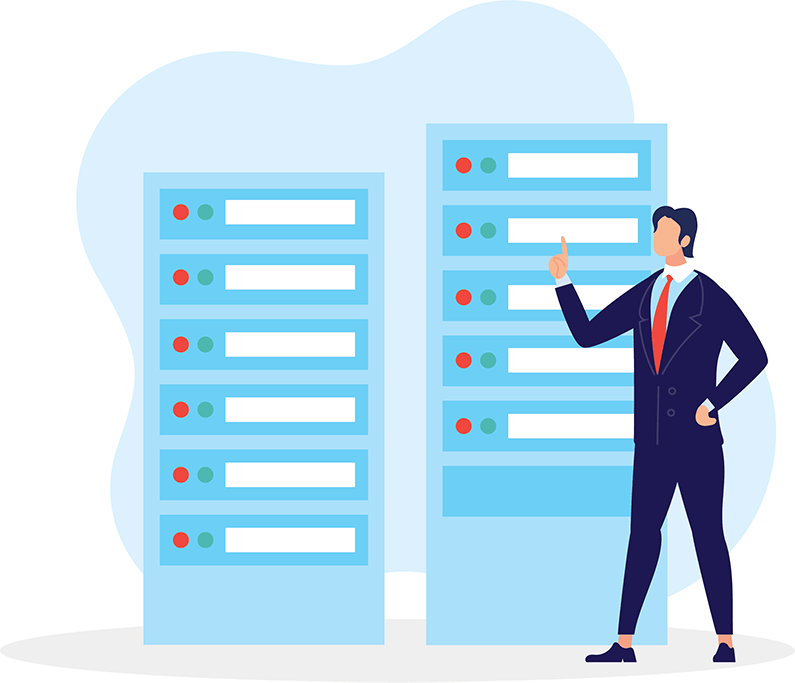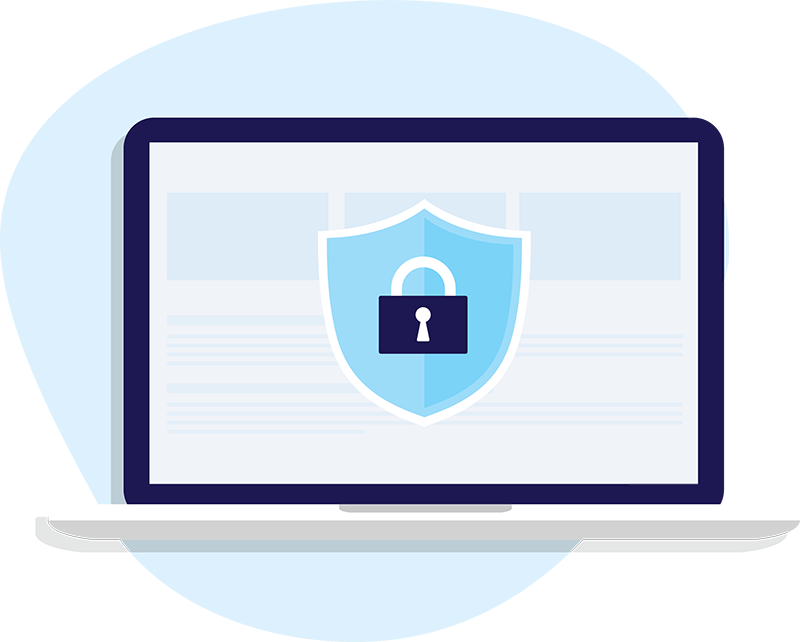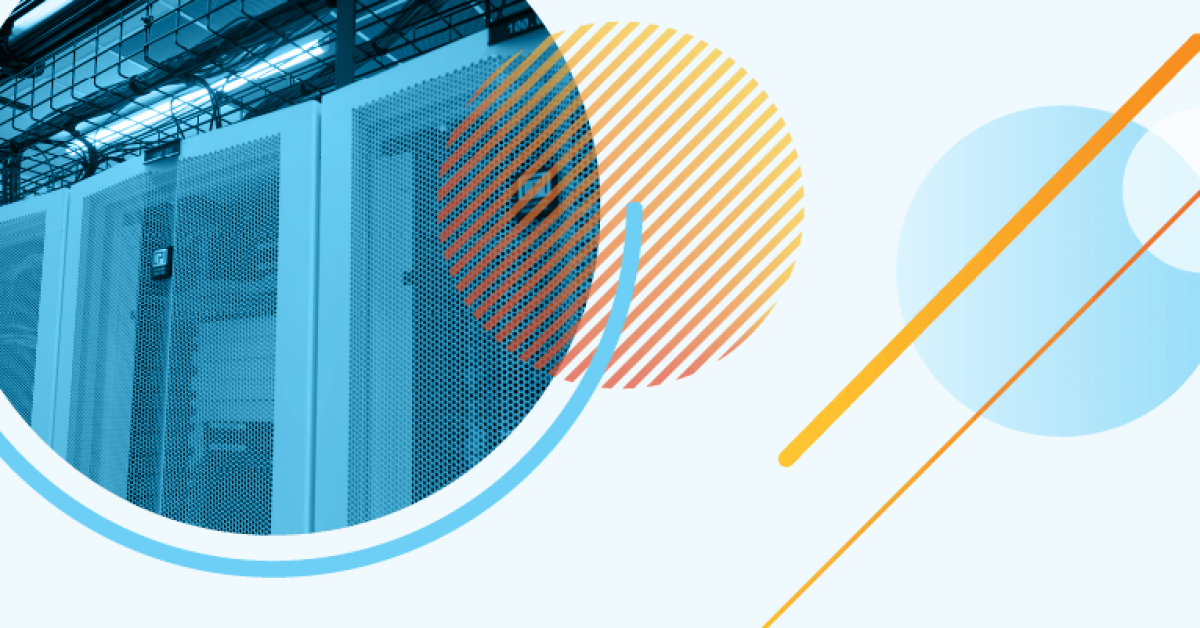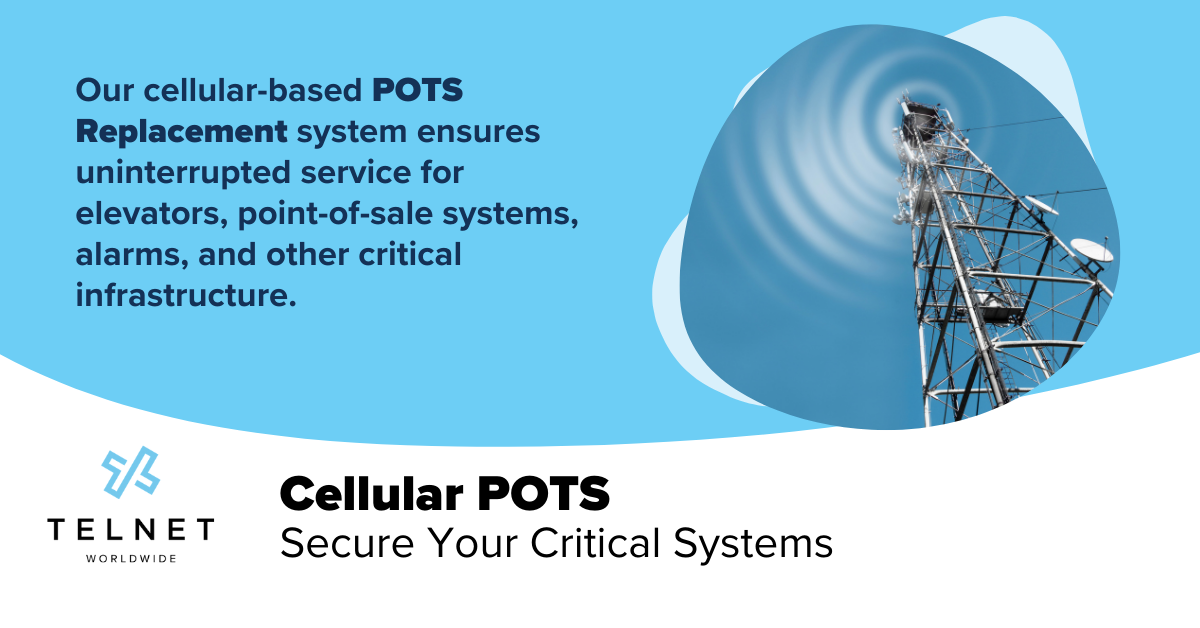Digital file storage has become an everyday necessity. Whether it is for work, education or socialization the digital economy plays a massive role in our lives. Because of this, the demand for data storage and data center colocation is at an all-time high. This increased need for secure, off-site storage is the catalyst for the modern data center.
Traditionally, company data was stored on in-house servers and networking equipment. With the dawn of “cloud storage,” many companies were drawn to off-site solutions. Businesses no longer want to deal with the overhead and maintenance that comes with maintaining clunky servers and data storage infrastructure. But the data has to live somewhere.
Colocation has emerged as the leading solution to this problem. It’s the process of a third party housing privately-owned servers and networking equipment in an off-site data center (rather than the on-site scenario where servers live within a room or a section of an organization’s own building). You can “co-locate” equipment by renting space, often in the form of a cabinet.
Colocation benefits businesses of all sizes. Small businesses can obtain the features of a large IT department without a large investment. Medium to larger-sized organizations can expand their data storage capacity without undertaking costly construction or facility leasing. Colocation allows businesses to store equipment in a secure facility with bandwidth, power and a public IP address supplied by the third-party service provider.

Colocation Benefits
1. Reliability
Colocation facilities offer server cooling systems, power and communication systems that ensure constant connection. Companies can invest in equipment and measures to implement similar systems in-house, but doing so can require a significant amount of money, personnel and space. Data centers also offer greater protection from power outages because of the numerous data backups in place.
2. Performance
Electronic equipment is temperamental. It performs best in a temperature-controlled, dust-free environment. Even the cleanest offices can’t compete with the cooling and air filtration systems that professional data centers provide. Colocation offers redundant cooling systems, meaning components are thermally managed to ensure that air is flowing through and an acceptable temperature is maintained.
3. Physical Security
Data centers are designed to ensure that your systems are protected from theft and other risks that can compromise the security of your information. They provide higher levels of physical protection and enforce stringent measures for securing data such as video monitoring, private suites, fire detection and suppression systems and mantraps (a small space with two interlocking doors.)
4. Third-Party Maintenance
In many cases, companies only begin to think about server support equipment after there is an issue. Data centers design, monitor and maintain support systems and have dedicated systems and staff to ensure that servers are running at optimal performance.
5. Speed
Colocation facilities offer cost-effective connections directly to multiple internet service providers and provide top performance in the event of connection interruption or overload.

6. Skilled Staff
Data centers have IT staff on-site to monitor and maintain servers. These experts are hired to build and implement state-of-the-art infrastructures utilizing high-performance equipment.
7. Scalability
Colocation offers your company the flexibility to scale up or down easily, while allowing you to pay only for the space and bandwidth you need.
8. Risk Management
Data breaches and natural disasters happen, but when your critical equipment operates at an off-site data center, there are security and backups in place to continue operations.
9. Better Connectivity
Data centers have fully redundant network connections to ensure that your business-critical applications always run uninterrupted.

10. Premium Network Security
Data centers have superb network security, including the latest firewalls to detect and prevent unauthorized access to your systems.
11. Redundant Power Supply
Data centers offer power redundancy. Using a combination of multiple power grids, generators, battery backup systems and excellent maintenance practices, colocation centers ensure they have power even when you don’t.
12. Capability
Customers are provided the flexibility to adjust to higher bandwidth levels to accommodate their traffic demand, without having to make multiple investments. With colocation, data spikes are distributed over time across numerous users, keeping bandwidth costs low.

13. Growth
Colocation allows for data storage expansion to fit the needs of a company. Businesses can grow their networks without being required to purchase more equipment or building space. When your company grows, your IT infrastructure can expand to meet your needs quickly and with less investment.
14. A Stepping Stone
If your company is also interested in a cloud computing solution, colocation provides a way to smoothly transition. Moving your equipment to an off-site facility with increased capacity and performance helps support business needs, and ensures a smooth transfer of systems.
TelNet’s Tier III data center offers these benefits and more, with 9,000 square-feet of available floor space for tenant racks and cages. The facility is equipped with the latest infrastructure designs in temperature and humidity control, houses 5 megawatts of available utility power and 2.4MW of backup generator power.
We’re serious when it comes to data. See for yourself! Tour our facility here:
The Takeaway
Colocation offers businesses an alternative to housing data in-house. Does your business place a higher premium on decreased maintenance or data security? Is your business limited on space but you need a robust IT infrastructure?
Colocation is the solution. Get secure data storage, IT infrastructure dependability, better connectivity and capability.





